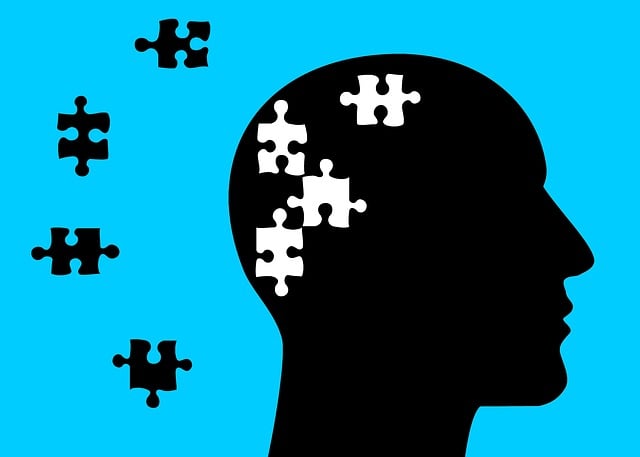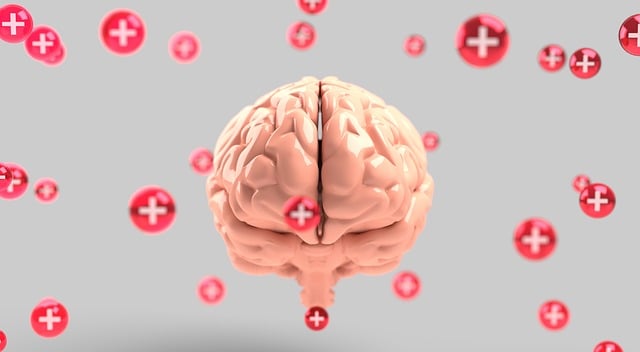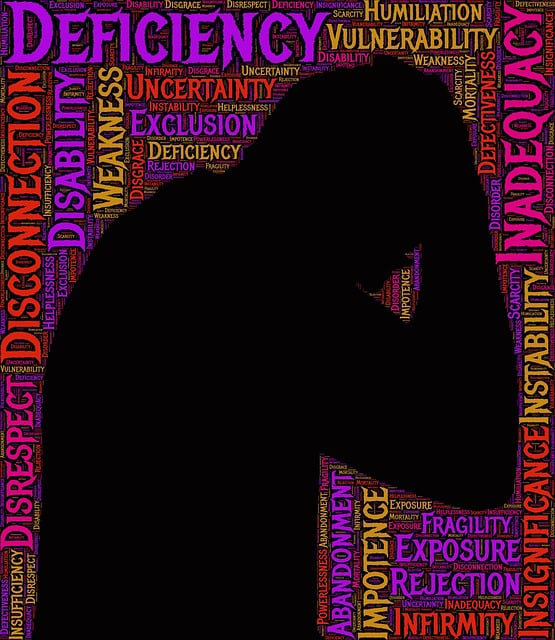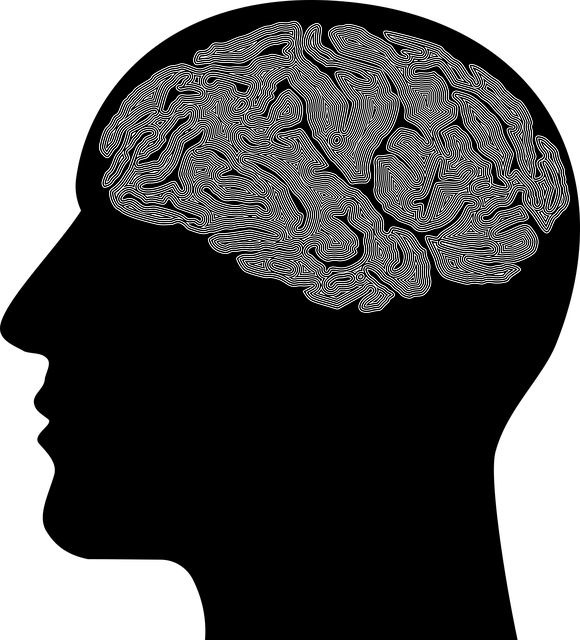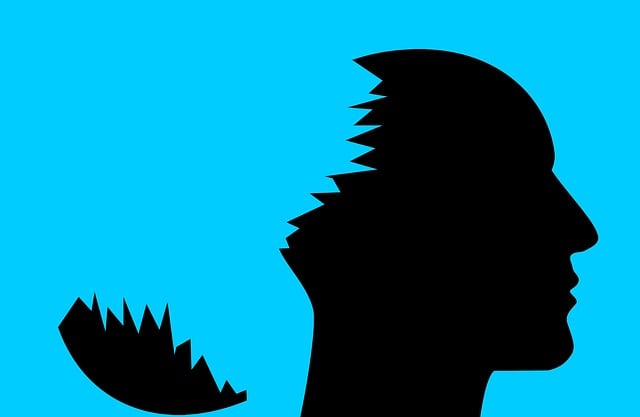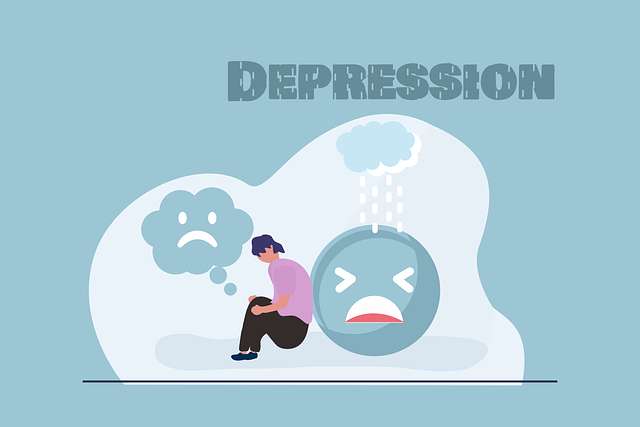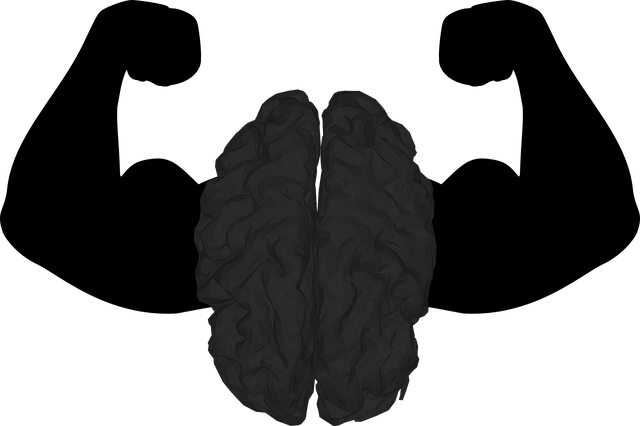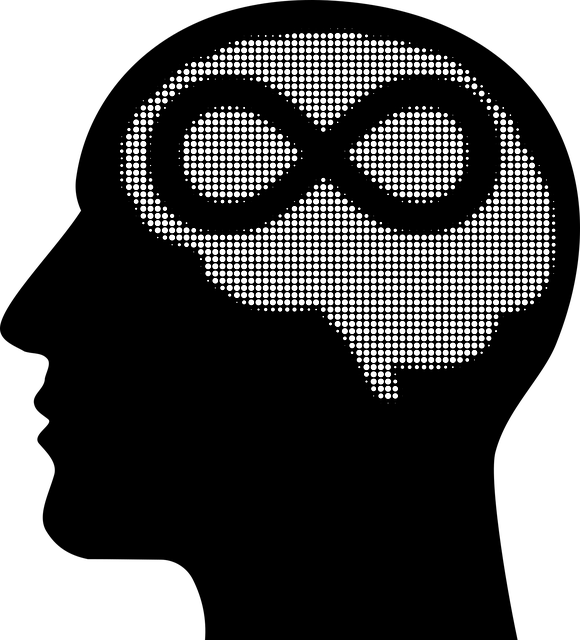In Northglenn, the stigma around Oppositional Defiance Disorder (ODD) hinders treatment access and contributes to social isolation. To combat this, the city prioritizes education, communication, and innovative therapy models. Northglenn ODD therapy integrates evidence-based practices with Mind Over Matter principles, focusing on individual sessions, family involvement, stress management, and coping mechanisms. Educational initiatives like workshops and school programs demystify mental illness, encourage early intervention, reduce isolation, and improve access to care. Advocacy groups further normalize mental health concerns and foster community support for ODD treatment in Northglenn.
Mental illness stigma reduction is a critical component of improving access to quality mental health care. This article explores various strategies aimed at alleviating stigma, focusing on Northglenn Oppositional Defiance Disorder (ODD) therapy as a comprehensive approach. We delve into educational initiatives for community-wide stigma reduction, the power of advocacy and support groups in fostering positive attitudes, and provide insights into effective treatment methods. By understanding the impact of stigma and implementing these efforts, we can create a more inclusive and supportive environment for those facing mental health challenges, including ODD.
- Understanding Stigma and Its Impact on Mental Health Treatment
- Northglenn Oppositional Defiance Disorder (ODD) Therapy: A Comprehensive Approach
- Educational Initiatives for Community Stigma Reduction
- Advocacy and Support Groups: Fostering Change in Attitudes
Understanding Stigma and Its Impact on Mental Health Treatment

Stigma surrounding mental health issues, such as Oppositional Defiance Disorder (ODD), can significantly impact individuals’ willingness to seek treatment and their overall mental wellness. This societal stigma often stems from misconceptions, fear, or lack of understanding about mental illness. When left unaddressed, it can lead to social isolation, reduced access to quality care, and even worsened symptoms for those affected. In Northglenn, efforts to reduce this stigma are crucial in encouraging individuals to speak up and pursue the help they need.
One effective approach is through education and communication strategies. Healthcare Provider Cultural Competency Training programs play a vital role in equipping professionals with the knowledge to address these issues sensitively and accurately. By fostering an environment of understanding, these training initiatives enable mental health specialists to better support diverse populations. Additionally, Mental Wellness Coaching Programs Development can empower individuals to manage their conditions, foster resilience, and promote self-care, thereby reducing the impact of stigma on their treatment journeys.
Northglenn Oppositional Defiance Disorder (ODD) Therapy: A Comprehensive Approach

In Northglenn, Oppositional Defiance Disorder (ODD) therapy is gaining traction as a comprehensive approach to address this challenging mental health condition. This method goes beyond traditional treatments by integrating evidence-based practices and Mind Over Matter principles. The focus is on empowering individuals with effective communication strategies to navigate their emotions and behaviors. Through tailored interventions, therapists help clients understand the root causes of ODD, fostering self-awareness and resilience. By combining individual therapy sessions with family involvement, this holistic strategy aims to improve relationships and create supportive environments.
Northglenn ODD therapy also prioritizes burnout prevention by teaching coping mechanisms and stress management techniques. It encourages open dialogue, ensuring that both the patient and their support system are equipped with the tools needed to manage symptoms effectively. This proactive approach not only alleviates the immediate impact of ODD but also paves the way for long-term recovery and improved quality of life.
Educational Initiatives for Community Stigma Reduction

In efforts to reduce stigma surrounding mental illness, educational initiatives play a pivotal role in fostering understanding and empathy within communities. Northglenn Oppositional Defiance Disorder (ODD) therapy programs, for instance, have been instrumental in promoting emotional well-being by providing educational resources that challenge stereotypes and misconceptions about mental health conditions. These initiatives often involve workshops, community talks, and school-based programs designed to teach both the general public and mental health professionals about the nuances of various disorders, including ODD.
Through these educational efforts, participants gain insights into effective risk management planning for mental health professionals and learn positive thinking techniques that can contribute to a more supportive environment. By demystifying mental illness, these programs aim to reduce the isolation often experienced by individuals struggling with their emotional well-being, encouraging early intervention and improved access to treatment.
Advocacy and Support Groups: Fostering Change in Attitudes

Advocacy and support groups play a pivotal role in reducing the stigma surrounding mental illness, including conditions like Oppositional Defiance Disorder (ODD) treated in Northglenn therapy centers. These groups provide a safe space for individuals struggling with mental health issues to come together, share their experiences, and offer mutual support. Through open discussions, members challenge negative stereotypes and promote understanding, fostering an environment where mental health concerns are normalized.
By organizing awareness campaigns, workshops, and educational sessions, advocacy groups contribute to the broader goal of destigmatizing mental illness. They often collaborate with local communities, schools, and healthcare providers to integrate mental health education into various programs, such as Mindfulness Meditation classes or Burnout Prevention Strategies for Healthcare Providers. This holistic approach ensures that mental well-being becomes an integral part of public discourse, encouraging early intervention and improved access to care.
Mental illness stigma, particularly around conditions like Northglenn Oppositional Defiance Disorder (ODD), significantly hinders access to effective treatment. However, through comprehensive approaches such as specialized therapy, educational initiatives, advocacy groups, and support networks, we can foster more accepting communities. By reducing stigma, we not only enhance the quality of life for individuals facing mental health challenges but also create a society that values and supports overall well-being. Efforts like Northglenn ODD Therapy serve as beacon, demonstrating the positive impact possible when we challenge societal norms and embrace understanding and empathy.
